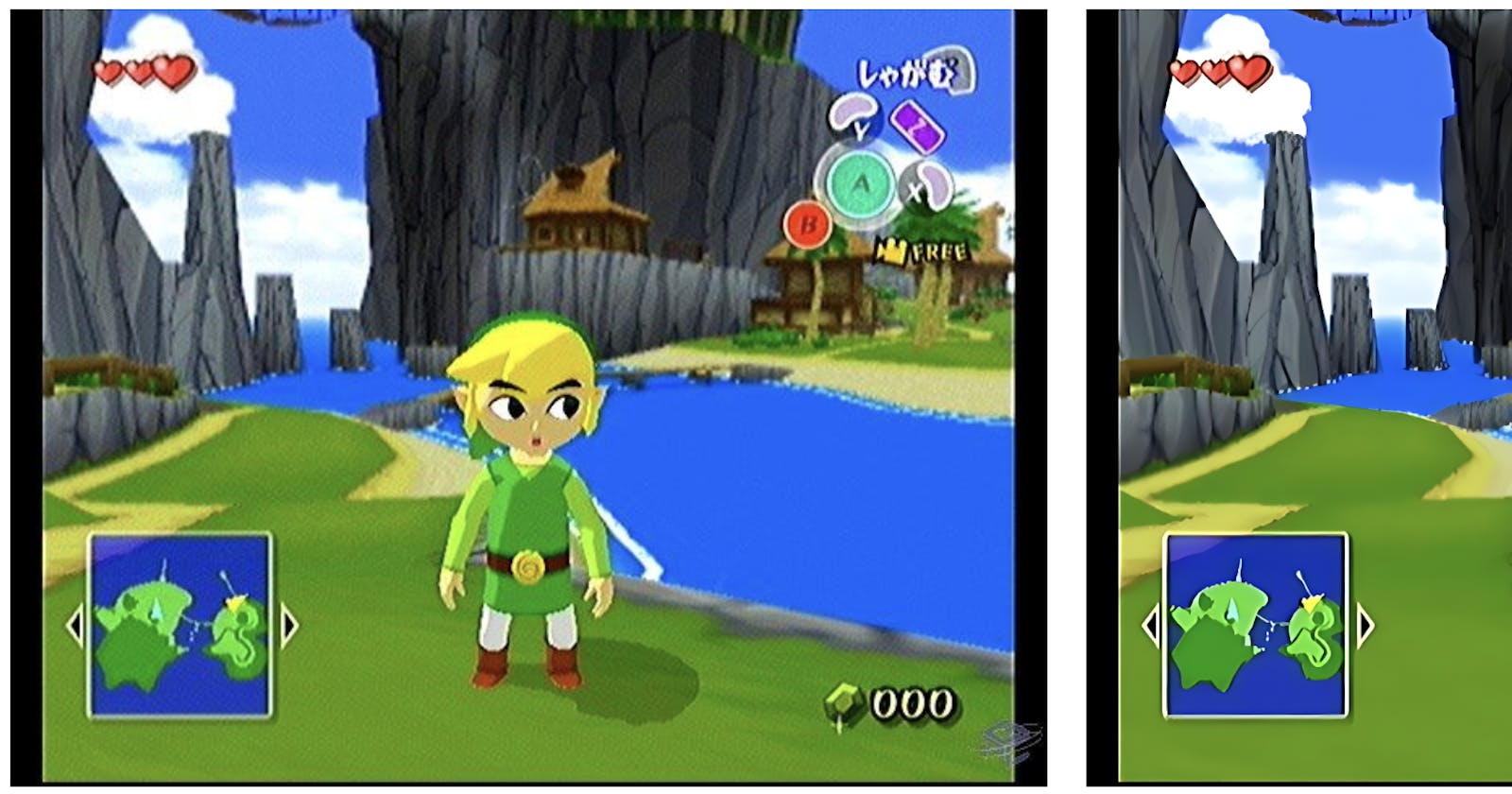From glitchy to gorgeous: Comparing the 7 best AI upscalers
Top AI models for enhancing image resolution, removing artifacts, and cleaning up your AI creations.
Table of contents
- Why Upscale Your AI Images?
- ESRGAN: Realistic Texture Upscaling
- SRResCGAN: Intelligent Low Res Upscaling
- Swin2SR: Flexible and Efficient Upscaling
- Latent SR: Reconstructing Lost Details
- GFPGAN: Perfecting AI-Generated Faces
- Real-ESRGAN: Pushing the Limits
- Codeformer: State-of-the-Art Face Restoration
- Comparing the upscaler models... which one is best?
- Conclusion: Super-Resolution Models Take Your AI Art to the Next Level
- Further Reading
Have you ever spent hours crafting the perfect AI-generated image only to be disappointed by glitchy artifacts, blurry textures, and weirdly distorted faces? It's frustrating when low resolution ruins an otherwise amazing AI creation.
But what if you could take that pixelated mess and transform it into a sharp, ultra-realistic masterpiece? With the right AI image upscaler, you can refine your AI art from a glitchy failure into a professional-grade image.
In this guide, we'll explore the top AI models for enhancing image resolution, removing artifacts, and rescuing your AI creations. You'll learn the strengths and weaknesses of leading upscalers like ESRGAN, SRResCGAN, Swin2SR, Latent SR, GFPGAN, and Codeformer.
Subscribe or follow me on Twitter for more content like this!
With the power to supersize images for printing, sharpen details, and fix weird AI-generated faces, upscalers are essential tools for any AI artist or designer. Read on to boost your image quality and take your AI art to the next level!
Why Upscale Your AI Images?
Before we dig into the models, let's discuss why you'd want to upscale your AI-generated images in the first place:
Printability - Low-resolution AI images look pixelated or blurry when printed. Upscaling allows high-quality physical prints (this can also be useful for things like adult coloring books, which we also have a guide on).
Removing Artifacts - AI images often have weird glitches, distortions, and artifacts. Upscalers clean up issues and create more natural-looking images.
Sharpening Details - Faces, textures, backgrounds, and other fine details come out blurry in AI images. Upscalers reconstruct and enhance these details.
Presentation - For web, advertising, art shows, etc, you need print-quality, professional AI images. Upscalers get you there.
With upscalers, you can rescue your fabulous AI creations from the digital trash bin and make them shine. Now let's look at the top models for any image enhancement project.
ESRGAN: Realistic Texture Upscaling
One of the most popular AI image upscalers is ESRGAN, which stands for Enhanced Super-Resolution Generative Adversarial Network. Developed by Xinntao, this upscaler uses a GAN architecture to increase image resolution while generating realistic details.

Example upscaled image using the ESRGAN model.
Overview
ESRGAN is designed to upscale images by 4x their original size. It focuses heavily on reconstructing convincing textures and details in the upscaled image. The GAN architecture enables ESRGAN to hallucinate realistic fine details that aren't present in the original low-res source.
Strengths
Generates extremely realistic and sharp textures like fur, water, stone, etc.
Can enhance and sharpen details better than other upscaling methods
Creates tangibly higher visual quality and resolution
Weaknesses
Can sometimes generate details that seem unnatural or exaggerated
Struggles with upscaling faces cleanly
Slower than some other upscalers
Best Used For
Thanks to its detail generation capabilities, ESRGAN really shines when upscaling nature scenes, landscapes, animals, and other highly-textured images. It's also great for giving computer-generated (CG) art a more realistic look.
In summary, ESRGAN should be your go-to for creating convincingly realistic details and textures when upscaling your AI art. You may also find this article comparing ESRGAN and Real-ESRGAN helpful.
SRResCGAN: Intelligent Low Res Upscaling
If your AI art originates from very low-resolution sources, SRResCGAN may be the savior you need.
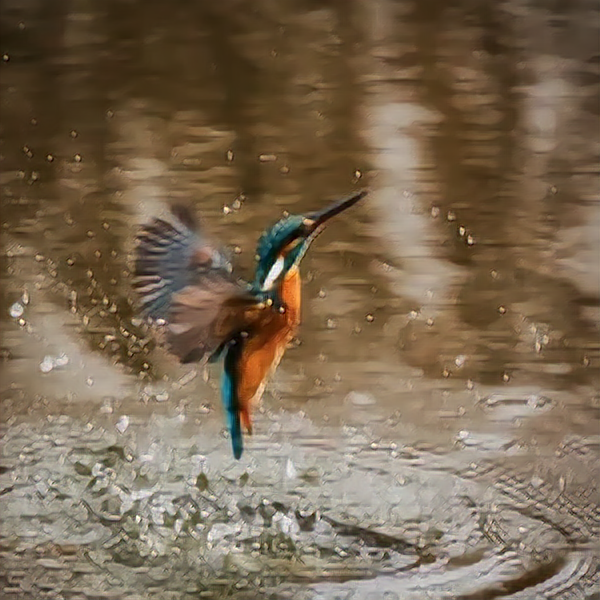
An example input image for SRResCGAN - the model can crisp up images like this one to make them look cleaner.
Overview
SRResCGAN is an upscaler model maintained by Raoumer using a combination of convolutional neural networks and generative adversarial networks. It specializes in taking extremely low-resolution images, like 64x64 pixels, and upscaling them 4x to high-definition 256x256 images.
Strengths
Can supercharge even 64x64 pixel images to crisp HD
Intelligently generates details lost in the low res source
Results are surprisingly good given the input constraints
Weaknesses
Slower than transformer models like Swin2SR
Less flexible than general-purpose upscalers
Best Used For
If you are generating or capturing very low-resolution AI images and need to scale them up significantly, SRResCGAN is purpose-built for that. It can restore surprisingly good quality from the pixelated mess.
When you need an AI rescue for ultralow resolution sources, SRResCGAN will intelligently fill in the details beyond what other methods can achieve.
Swin2SR: Flexible and Efficient Upscaling
If you need a versatile, fast upscaler for AI images, Swin2SR is a top contender for the job. Swin2SR utilizes a transformer-based architecture to upscale images of varying resolutions. Developed by MV-Lab, this model is designed to be efficient, flexible, and performant.
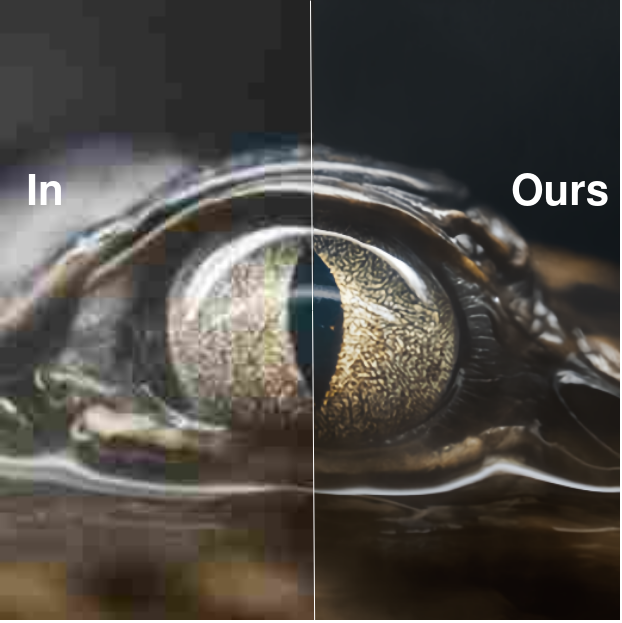
An example before and after image from Swin2SR
Strengths
Upscales images quickly with efficient transformer architecture
Flexible model can handle different scaling factors and image types
Outputs very sharp and natural-looking image quality
Weaknesses
Results are not as realistic as GAN-based methods
Struggles with fine details like textures and faces
Best Used For
The speed and flexibility of Swin2SR make it a great general-purpose upscaling solution. It's perfect when you need to upscale a batch of AI images quickly without fine-tuning.
For applications where speed is critical and you want consistently decent upscaling quality across image types, Swin2SR is an excellent option.
Moving on, our next model excels at reconstructing fine details...
Latent SR: Reconstructing Lost Details
If you want an upscaler focused on recreating fine details that get lost in low-res AI images, Latent SR is specially designed for that task.
Latent SR utilizes a diffusion model capable of upscaling images by 4x. It was developed by AI team NightmareAI to enhance details in faces, textures, and backgrounds that are blurred or missing in the source. The NightmareAI team has tons of really interesting models, and you can read all about them here.
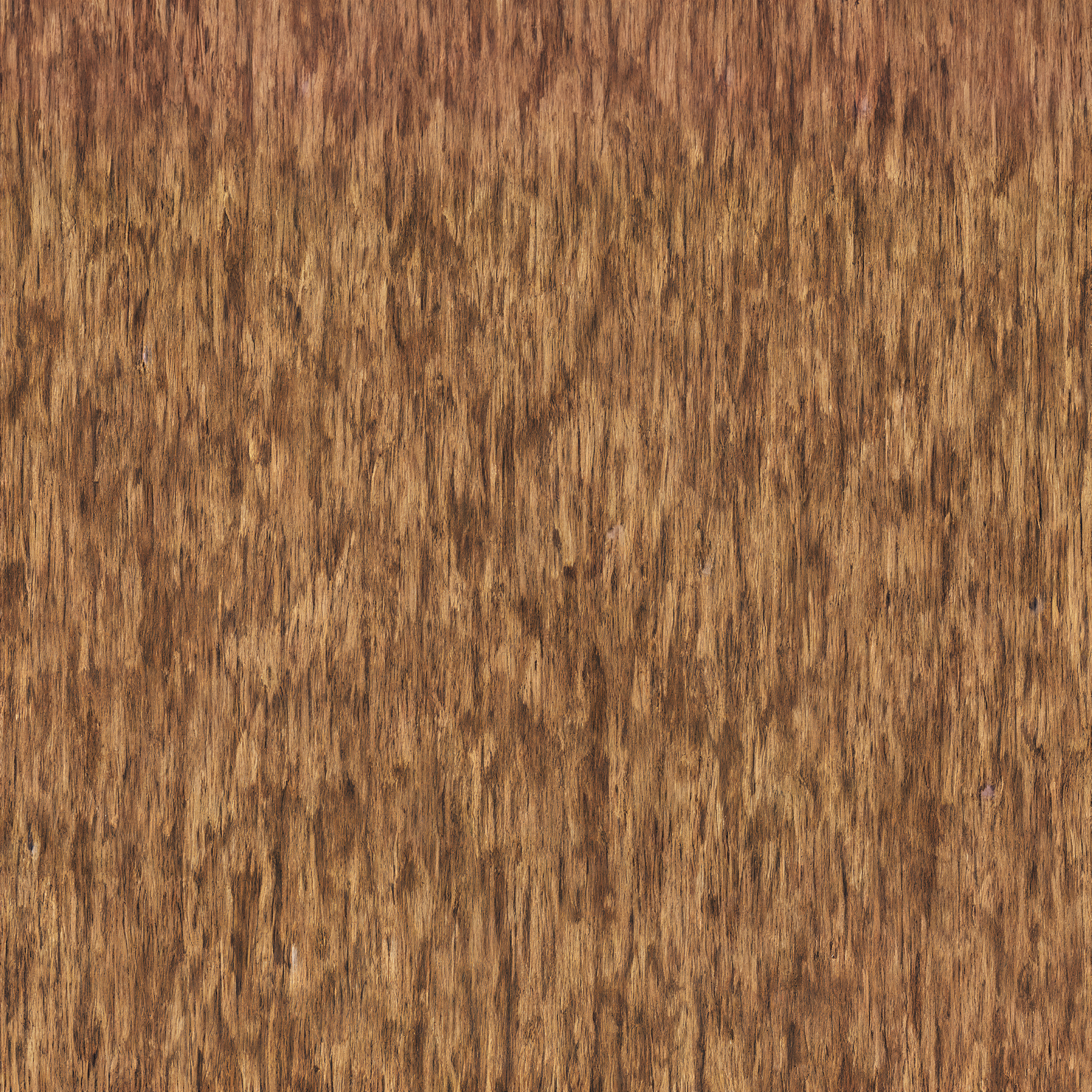
An example upscaled image - LatentSR is especially good at handling fine details like wood grain.
Strengths
Excellent at reconstructing lost details from low resolution
Generates realistic textures, faces, and fine image elements
Clean, natural image enhancement
Weaknesses
Slower than Swin2SR and other transformer models
Model availability may be limited
Best Used For
Latent SR really shines when you need to recreate detailed facial features, convincing textures, and other intricate details that didn't fully survive the low-res image generation process. If you want an upscaler focused on realistically enhancing and completing lost details in AI images, Latent SR is a top choice.
GFPGAN: Perfecting AI-Generated Faces
GFPGAN is an upscaler specifically designed to fix artifact-ridden and weird-looking faces generated by AI image creation models. This face-focused upscaler utilizes generative adversarial networks to restore and improve faces in AI images. GFPGAN was developed by Xinntao to handle the common face distortion issues that generic upscalers can't fix.
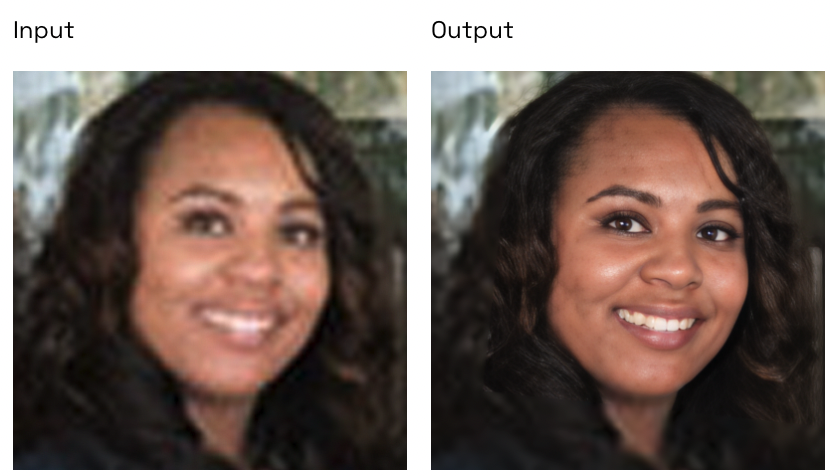
Example image restoration using GFPGAN
Strengths
Specialized face enhancement produces stunning results
Restores weird AI faces to look natural and realistic
Handles faces better than any generic image upscaler
Weaknesses
Only works on faces, not other image content
Slower than transformer architectures like Swin2SR
Best Used For
If you are working with AI-generated portraits, characters, or any images containing faces, GFPGAN is purpose-built to make those faces perfect. It smooths artifacts, enhances features, and breathes life into AI-created faces.
For flawless AI face restoration, GFPGAN is unrivaled in capabilities and performance.
Real-ESRGAN: Pushing the Limits
If you want to truly push your AI images to their maximum visual potential, Real-ESRGAN represents the current state-of-the-art. This enhanced version of ESRGAN developed by Nightmare AI combines multiple upscaler models into one for optimized performance. It builds on ESRGAN's capabilities with added face correction and adjustable upscaling.
Strengths
Next-level image quality and realism
Preserves original image content very well
Face correction and variable upscale control
Weaknesses
Slower than Swin2SR and other transformers
Still not perfect for some fine details
Key Differences
Compared to ESRGAN, Real-ESRGAN outputs a noticeably higher level of realism, detail, and quality. It also gives more control over the upscaling process. Against Codeformer and GFPGAN, Real-ESRGAN handles all image content with exceptional realism, not just faces. And versus Swin2SR, Real-ESRGAN achieves significantly greater image enhancements despite being slower.
When to Use
For maxing out image quality and realism, correcting faces, and fine-tuning the upscale process, Real-ESRGAN is unmatched. It's the best option when you need to push your AI images beyond what's possible with other upscalers. Honestly, it's my favorite upscaler and covers almost all super-resolution use cases very well.
Codeformer: State-of-the-Art Face Restoration
Our final upscaler, Codeformer, represents the cutting edge in AI face restoration for both photographed and computer-generated images. Codeformer was developed using a convolutional neural network specialized for image-to-image tasks. It achieves state-of-the-art results in enhancing and restoring faces.

Strengths
Restores old, damaged, and low-quality photographs exceptionally
Enhances AI-generated faces to new levels of realism
Leading edge capabilities for all face restoration applications
Weaknesses
Focused specifically on faces
Slower than transformer architectures like Swin2SR
Best Used For
Any project involving the restoration of human faces - photographic touch-ups, AI portrait improvements, etc - will benefit immensely from Codeformer's capabilities. It is unmatched in breathing new life into images of people.
For pushing AI-generated faces past the uncanny valley to new frontiers of realism and refinement, Codeformer is a cutting-edge upscaler for the task.
Comparing the upscaler models... which one is best?
Here is a table summarizing the key details of each upscaler model. As you can tell, each model has pros and cons that make it suited for some applications and inferior for others. Depending on your super-resolution task, you may have a few options to choose from, or one may reign supreme.
| Model | Avg Run Time | Cost per Run | Pros | Cons |
| ESRGAN | 9 sec | $0.005 | Realistic textures, sharp details | Unrealistic effects, imperfect faces |
| SRResCGAN | 60 sec | $0.012 | Handles ultra low res, reconstructs details | Narrow focus, slower |
| Swin2SR | 28 sec | $0.015 | Fast, flexible, efficient | Lower realism, struggles with details |
| Latent SR | - | - | Reconstructs lost details, realistic textures | Slow, limited availability |
| GFPGAN | 8 sec | $0.004 | Unsurpassed face enhancement | Only for faces, slower |
| Codeformer | 10 sec | $0.006 | Cutting-edge face restoration | Focused on faces, slower |
| Real-ESRGAN | 8 sec | $0.004 | Next-level image realism and quality | Slower than transformers |
Use this table as a handy reference when selecting the right upscaler for your needs!
Conclusion: Super-Resolution Models Take Your AI Art to the Next Level
After exploring the top AI image upscaling models, it's clear there are lots of fantastic options for enhancing your AI creations. The key is picking the right upscaler for your specific needs:
For textures, choose ESRGAN
To handle ultra-low res, SRResCGAN is purpose-built for the challenge
If you need speed and flexibility, go with Swin2SR
For reconstructing lost details, Latent SR is excellent
For perfecting faces, GFPGAN and Codeformer are unrivalled
And for pushing quality to the max across a general range of applications, Real-ESRGAN is state-of-the-art
The combination of these models empowers you to resolve any image quality issues and take your AI art to stunning new heights.
So don't settle for glitchy, blurry, and pixelated results! With the power of AI upscalers, you can transform your generative images from flawed to phenomenal.
Unlock the true potential of your creativity with these essential AI tools for restoring, enhancing, and upscaling your unique AI-generated images. The sky's the limit when you can refine your raw AI art into professional masterpieces worthy of exhibition and sharing with the world.
I hope you use this guide to illuminate the path forward to next-level image quality and never let low resolution ruin your amazing AI creations again!
Subscribe or follow me on Twitter for more content like this!
Further Reading
To dig deeper into AI image upscaling and restoration, check out these additional resources:
AImodels.fyi - A model-matchmaker. Describe your problem or use case and get an AI model that can solve it. Example: "Turn my profile picture into a Studio Ghibli illustration"
Real-ESRGAN vs SwinIR - Comparing AI Upscalers - Evaluates the trade-offs between these popular models.
ESRGAN vs Real-ESRGAN - Evolution of AI Upscaling - Explains the improvements from ESRGAN to Real-ESRGAN.
Nightmare AI Models - Capabilities Overview - Reviews Nightmare's impressive upscaler models.
Restoring Old Photos with GFPGAN - Guide to enhancing vintage photos with this face restoration AI.
Comparing GFPGAN and Codeformer for Faces - Face-off between the top AI face upscalers.
Removing Image Noise with AI - Using AI to reduce grain and noise in photographs.
Upscaling in Midjourney - Tutorial for enhancing Midjourney generations.
These links provide a deeper exploration of how AI can restore, enhance, and upscale your images to new heights!
